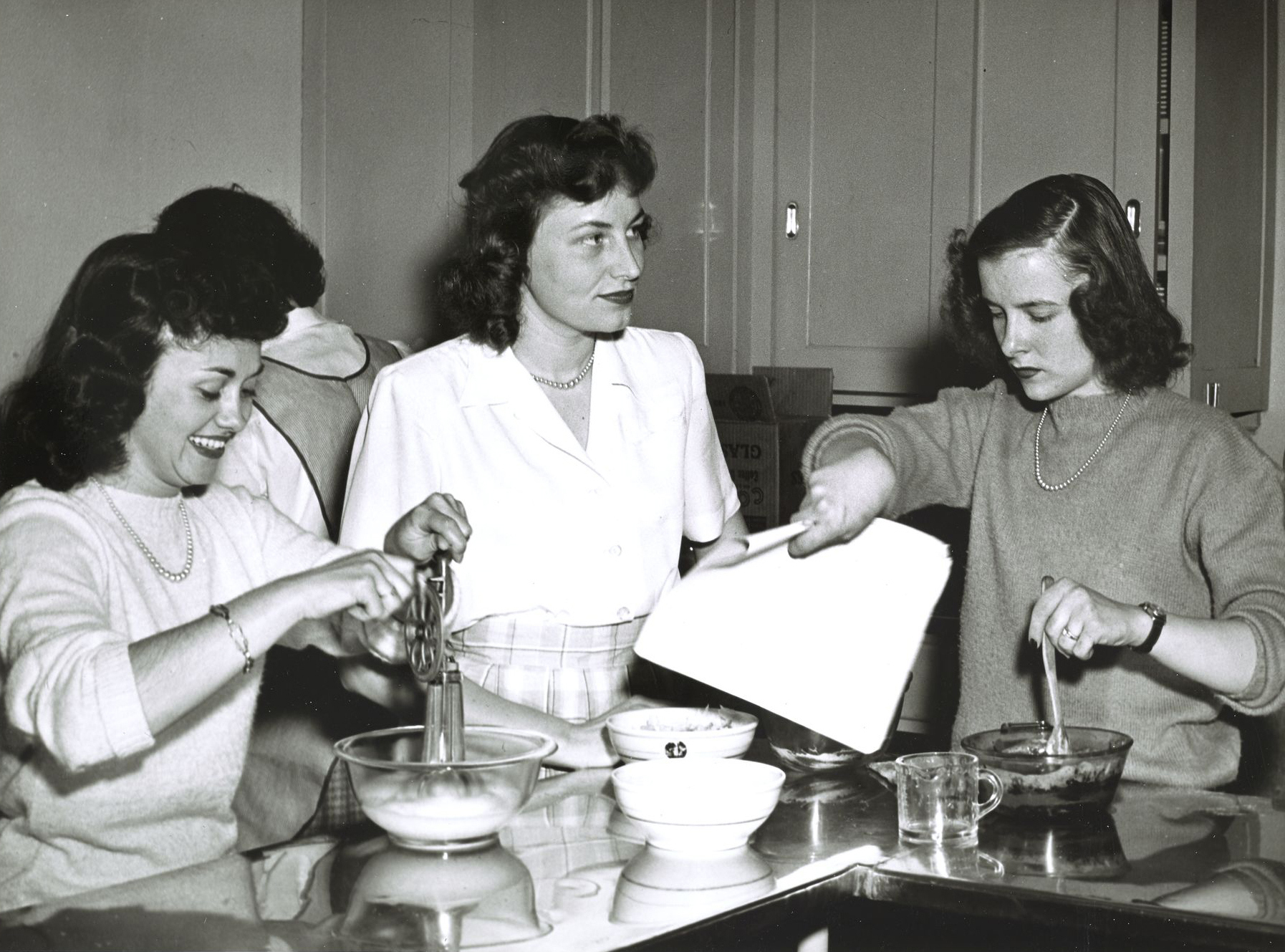Et Tu, Dartmouth Women?
“Upon what meat doth this our Caesar feed, that he has grown so great?” – SHAKESPEARE
In the 1960s, Dartmouth’s first “alumnae” club quietly produced a brilliant form of feminist satire, although that might not be what they would have called it. To raise money for their scholarship fund, the Dartmouth Women’s Club of Boston (DWC) produced a cookbook. A lone pine illustration sits on the cover of this seemingly benign piece of Dartmouth paraphernalia. The line above, from Shakespeare’s Julius Caesar, sets the tone for a preface by Mary A. Carlisle: “Upon what meat doth this our Caesar feed that he has grown so great.” She continues, “The members of the Boston Dartmouth Women’s Club have long felt, modestly, among themselves, that much of the excellence that is Dartmouth is largely due to the fact that the wives and mothers of Dartmouth men are superb cooks.” Carlisle’s humorous diction reveals the tension these women felt between revealing their ambitions for the club and hiding their true personalities in a veil of domesticity.
The club’s sense of humor about creating a community cookbook—a medium of the decidedly “traditional” woman—continues to burst forth when they compare their book to the Constitution and the Bible:
“We expect that every mother of a Dartmouth boy will own one, that every Dartmouth man will present one with the engagement ring to the girl of his choice; that it will have a place next to the Bible and the Constitution in every Dartmouth home; that it will be placed in every library and every creative kitchen in the United States.”
Carlisle failed to mention that their book’s epigraph is spoken by Cassius, the ultimate betrayer. (Cassius engineers Caesar’s murder to prevent him from becoming a tyrant.) Perhaps this culinary cover was the Trojan Horse these women needed to hide the fact that they were not complacent with their domestic roles and the patriarchal tyranny in the Dartmouth community.
Most members of the DWC wives or mothers of Dartmouth men, but we know that the wives of faculty and staff also formed part of the group’s membership based on the list of contributors in the cookbook. While students may easily forget that the Dartmouth community extends beyond themselves and alumni, the DWC prioritized welcoming any woman who identified as a “Dartmouth woman” into their community. This cookbook is the perfect entry point to capture the energy of the Dartmouth Women’s Club of Boston, the first “alumnae” club, but the actual history of this important organization will be addressed next.
 Historical Accountability Student Research Program
Historical Accountability Student Research Program
